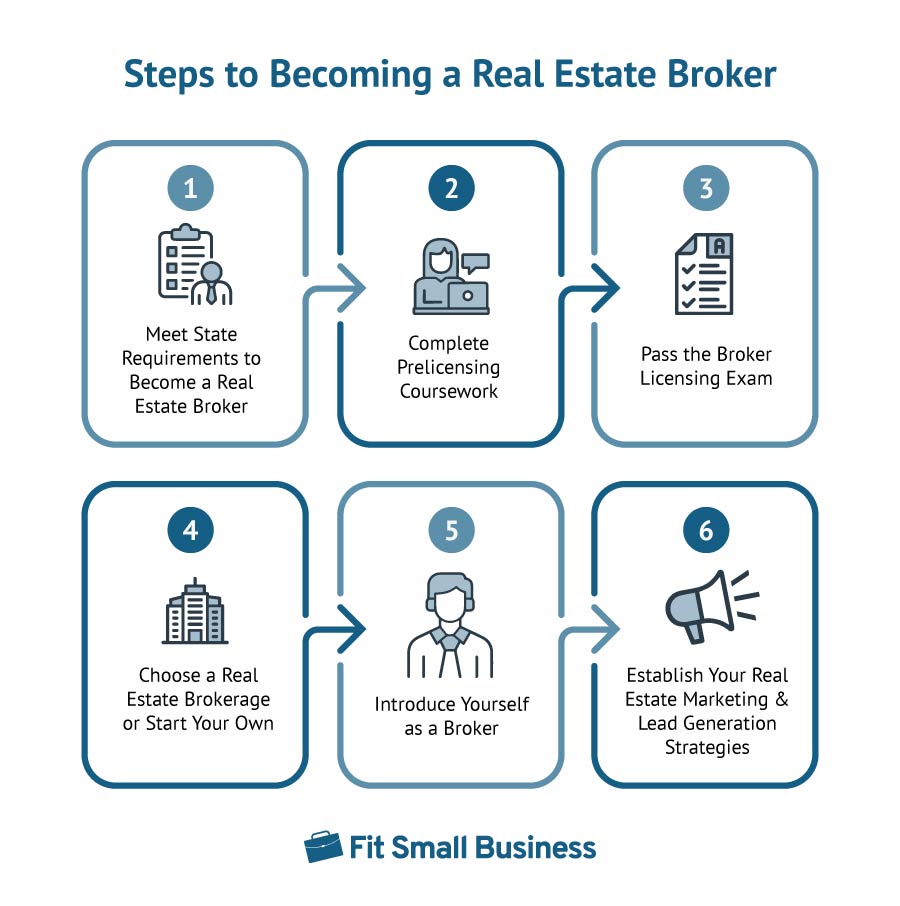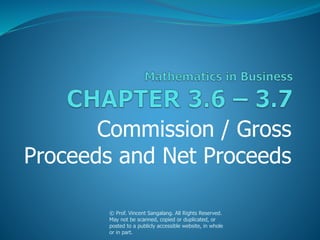
It is important to understand the requirements to become a licensed real estate agent in Illinois. This article explains the requirements for obtaining a real estate licence, continuing education, as well as revocation. This article also covers the most frequently asked questions during exams. Please contact the Board of Real Estate Examiners with any questions. The board of examiners is tasked with making sure that the laws are fair and that license holders are protected.
Article 15
Article 15 permits a licensed broker or agent to serve as a designated representative for a consumer. This relationship must be based upon mutual consent. The General Assembly found that the common law of agency has resulted in misunderstandings and consequences that have harmed consumers. To prevent such misunderstandings from happening and to promote stability in the real-estate market, the Act codifies these relationships. This Article is not applicable to sole proprietorship businesses.
A sponsoring broker must also own an Illinois office. An identification sign must be displayed in the office's prominent location. This act requires that records be kept safe and readily accessible by the Department. These records must be kept in their original format and can only be accessed via secure electronic access. This article is for licensed brokers in Illinois. You can find more information about these requirements below.

What are the requirements to obtain a real-estate license?
At least 18 years must be completed in order to become a New York licensed real estate agent. A background check must be completed, you must pass the state exams and you will need to submit your fingerprints. Pre-license education must include at least 75 hour of instruction and must pass a criminal history check. You must also complete a three-hour certificate on lead poisoning mitigation. Once you've received your license, you must complete at least 24 hours of continuing education every two years.
To qualify for a real estate license, you must complete prelicensing education. It depends on the state you are in, it can take anywhere between 40 to 200 hours. Even in states with lax requirements, you will have to take courses in business and fair housing. Before you can apply to a license, you will need to be a broker. However, online education is not the only option for obtaining a real estate license.
Continued education requirements
The Illinois Department of Financial and Professional Regulation requires all real estate brokers and agents to participate in certain amounts of continuing educational (CE) each year, or another recurring time period. These requirements can be pre-licensing and/or post-licensing. In the case of pre-licensing CE, the real estate commission will approve approved continuing education courses. The remaining credits can be earned once licensure has been achieved.
Managers and brokers must take at least four hours of CE each year to fulfill these requirements. These courses should cover real-estate ethics, agency, disclosures. fair housing. License law. Real estate law. CE courses are available through the IDFPR and state agencies. This website contains information about Illinois' requirements and can be used to search for CE courses near your location.

Revocation of a license to be a realtor
A person can be revocation of their Illinois realty license if they are found to have violated realty laws. Although it is possible to get a license back if you are inactive, there are some requirements. Listed below are the most common reasons for revocation and how to appeal the decision. Find out more about your rights, agents.
A failure to comply with professional requirements, misconduct, and misconduct are all reasons that a real estate license may be revoked. Some examples of this include the following cases: Naomi J. Sutton lost her license as a Real Estate Salesperson after receiving a criminal conviction. William J. Gerard Sr.'s case is another example. In his real estate documents, Gerard failed to disclose he was a licensed real estate agent.
FAQ
How much money will I get for my home?
It depends on many factors such as the condition of the home and how long it has been on the marketplace. The average selling price for a home in the US is $203,000, according to Zillow.com. This
What is a "reverse mortgage"?
Reverse mortgages allow you to borrow money without having to place any equity in your property. You can draw money from your home equity, while you live in the property. There are two types available: FHA (government-insured) and conventional. If you take out a conventional reverse mortgage, the principal amount borrowed must be repaid along with an origination cost. FHA insurance covers repayments.
Should I rent or buy a condominium?
If you plan to stay in your condo for only a short period of time, renting might be a good option. Renting allows you to avoid paying maintenance fees and other monthly charges. A condo purchase gives you full ownership of the unit. You have the freedom to use the space however you like.
What flood insurance do I need?
Flood Insurance protects from flood-related damage. Flood insurance can protect your belongings as well as your mortgage payments. Learn more about flood insurance here.
How much should I save before I buy a home?
It all depends on how many years you plan to remain there. Start saving now if your goal is to remain there for at least five more years. But, if your goal is to move within the next two-years, you don’t have to be too concerned.
Statistics
- Private mortgage insurance may be required for conventional loans when the borrower puts less than 20% down.4 FHA loans are mortgage loans issued by private lenders and backed by the federal government. (investopedia.com)
- Over the past year, mortgage rates have hovered between 3.9 and 4.5 percent—a less significant increase. (fortunebuilders.com)
- Based on your credit scores and other financial details, your lender offers you a 3.5% interest rate on loan. (investopedia.com)
- This means that all of your housing-related expenses each month do not exceed 43% of your monthly income. (fortunebuilders.com)
- Some experts hypothesize that rates will hit five percent by the second half of 2018, but there has been no official confirmation one way or the other. (fortunebuilders.com)
External Links
How To
How do I find an apartment?
When moving to a new area, the first step is finding an apartment. Planning and research are necessary for this process. This involves researching and planning for the best neighborhood. While there are many options, some methods are easier than others. Before renting an apartment, it is important to consider the following.
-
Researching neighborhoods involves gathering data online and offline. Online resources include Yelp. Zillow. Trulia. Realtor.com. Offline sources include local newspapers, real estate agents, landlords, friends, neighbors, and social media.
-
Review the area where you would like to live. Yelp and TripAdvisor review houses. Amazon and Amazon also have detailed reviews. You might also be able to read local newspaper articles or visit your local library.
-
To get more information on the area, call people who have lived in it. Ask them about what they liked or didn't like about the area. Ask for their recommendations for places to live.
-
Check out the rent prices for the areas that interest you. Renting somewhere less expensive is a good option if you expect to spend most of your money eating out. Consider moving to a higher-end location if you expect to spend a lot money on entertainment.
-
Find out all you need to know about the apartment complex where you want to live. It's size, for example. What price is it? Is it pet-friendly What amenities is it equipped with? Do you need parking, or can you park nearby? Do tenants have to follow any rules?